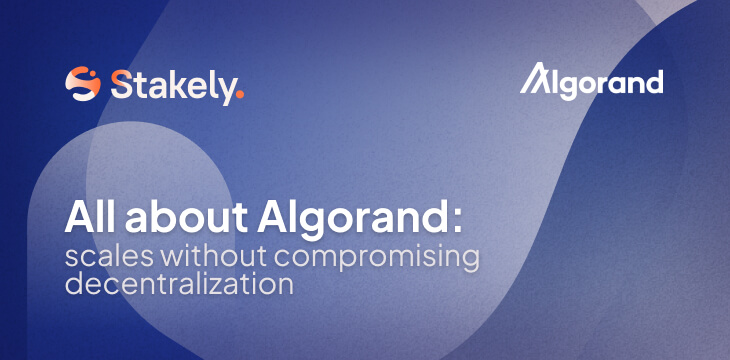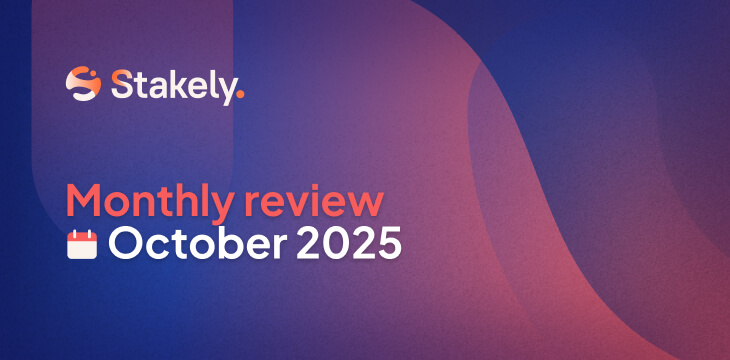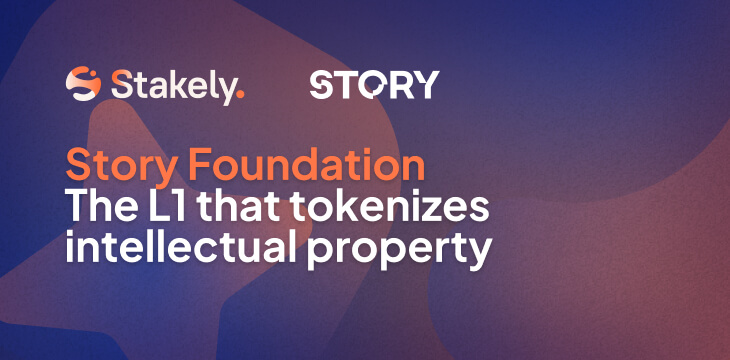Aleo: the private blockchain with zero-knowledge-based verification without data exposure
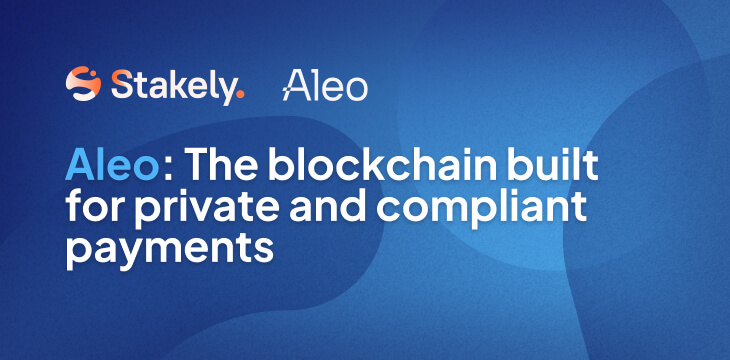
Aleo is a layer 1 blockchain built with privacy as a native feature. Its goal is to offer decentralized applications that can run with encrypted or private data, while the network only verifies proofs that these applications have executed correctly.
This approach positions it at the intersection of three key blockchain challenges: privacy, scalability, and programmability. Below, we analyze its technical components, economic model, use cases, and its main challenges and opportunities.
What is Aleo?
Aleo is a layer 1 blockchain that enables the development of decentralized applications with programmable privacy. Thanks to ZKPs, it can verify operations without revealing the underlying data. This makes it possible to build dApps where sensitive information like amounts or addresses remains hidden, but the outcome is public and verifiable.
How does it work? By using an execution model that separates off-chain computation, where the proofs are generated, from on-chain verification, where validators confirm their validity. This allows Aleo to achieve both privacy and scalability within a single network.
Who is behind the project? The project originates from the Zexe (2018) white paper, developed by cryptographer Howard Wu and his team. That research led to a practical network backed by funds such as Andreessen Horowitz (a16z), SoftBank, Coinbase Ventures, and Galaxy Digital.
In addition, the Aleo Network Foundation coordinates its development and ecosystem. During its initial phase, the network held a multi-party computation (MPC) ceremony with thousands of participants, creating a trusted setup for the protocol’s cryptographic proofs.
What is Aleo’s programmable privacy for?
Aleo brings together the best of both worlds: the programmability of a network like Ethereum and the privacy of systems like Zcash. Its native language, Leo, enables the creation of dApps that run fully privately without the need to handle complex cryptographic circuits.
Some of its potential use cases include:
- Confidential DeFi, where transactions are verifiable but amounts and participants remain hidden.
- Digital identity, allowing users to prove attributes without revealing personal data.
- Gaming and Web3, with game logic processed off-chain and results publicly verifiable.
In all these cases, privacy is not an add-on layer, but a foundational feature of the system.
Aleo’s technical architecture
To separate execution from verification, Aleo’s architecture relies on three main components:
- Development stack:
- Aleo has its own language, Leo, designed to simplify writing private logic. It draws inspiration from JavaScript and Rust, but abstracts away much of the cryptographic complexity.
- Its node software and virtual machines for proof generation and verification include components like snarkOS and snarkVM (or equivalents), enabling the creation, verification, and maintenance of zero-knowledge proofs.
- Hybrid consensus: Aleo uses a hybrid mechanism that includes:
- Proof of Succinct Work (PoSW), where provers generate and submit proofs;
- AleoBFT, a Byzantine fault-tolerant consensus mechanism based on the Narwhal + Bullshark stack. This design enhances security and efficiency.
- Scalability and privacy: by processing computations off-chain, the network reduces load and improves performance; zk-SNARK proofs ensure transactions are valid without exposing amounts, addresses, or intermediate states.
Aleo is also moving towards interoperability via APIs and upcoming ZK bridges to integrate with other chains.
ALEO, the protocol’s economic core
The ALEO token is used to pay gas fees, reward provers and validators, and participate in staking to secure the network. It’s also expected to play a governance role in future versions.
The total supply is approximately 1.5 billion ALEO tokens, with dynamic issuance and a model designed to balance incentives and ecosystem sustainability. The projected supply could reach around 2.6 billion within ~10 years.
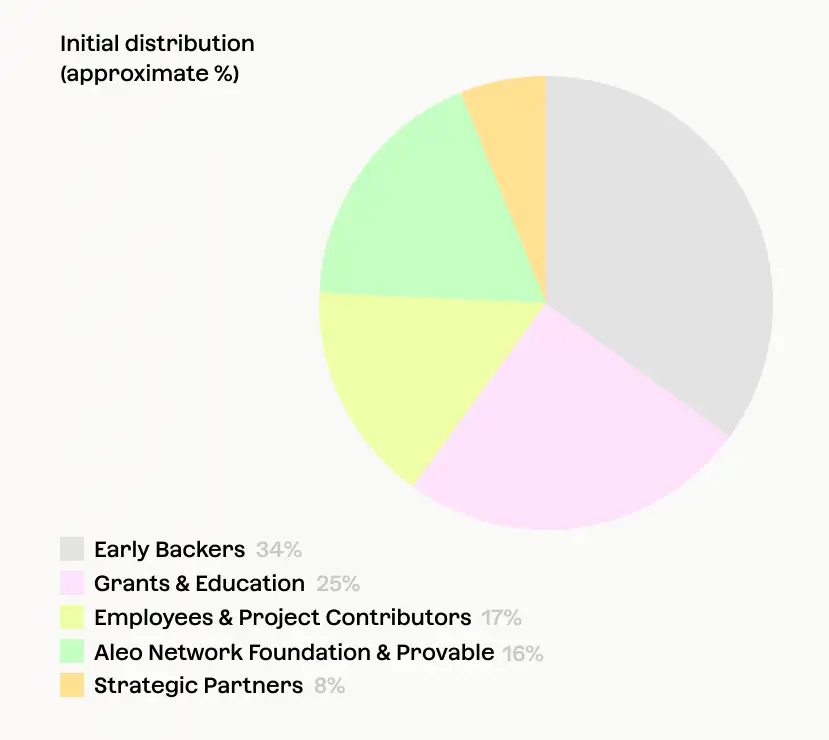

Build open systems that respect individual privacy
Aleo represents one of the most ambitious proposals in the blockchain space: combining privacy, programmability, and scalability in a single layer 1. Its zero-knowledge-based architecture and native language Leo open the door to a new generation of applications where users can interact without giving up the confidentiality of their data.
For those seeking an environment that blends technical innovation with the values of decentralization, Aleo is the place to start building!

